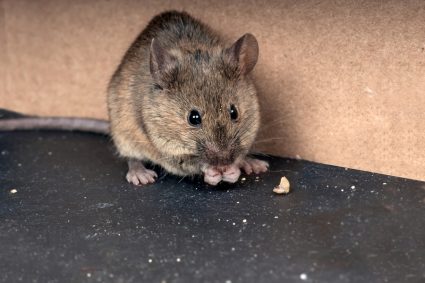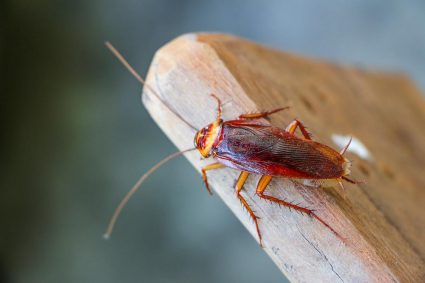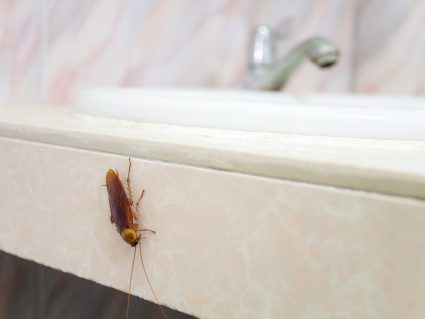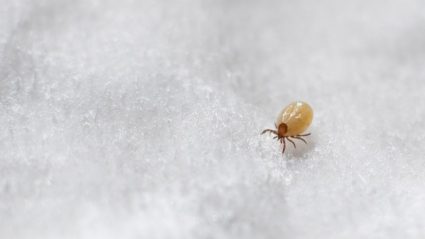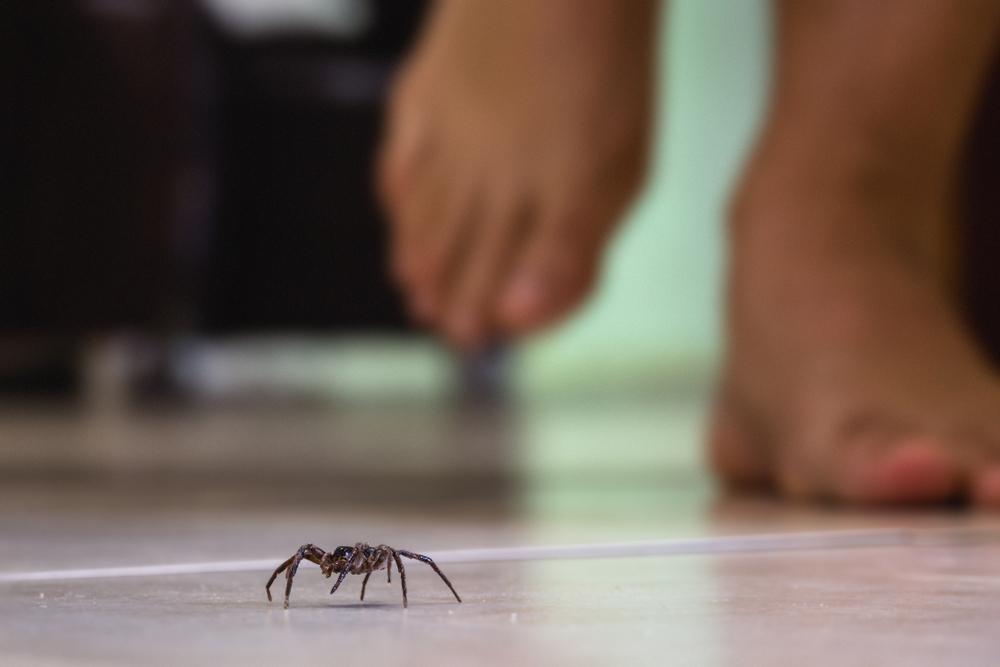
Roundup is a popular weed killer known for its effectiveness in controlling and eliminating unwanted plants. Its active ingredient, glyphosate, works by inhibiting an essential enzyme in plants, leading to their eventual death. But, what about its effects on other organisms like spiders? Does Roundup kill spiders? Let’s delve into the details.
Roundup, particularly its glyphosate-based formulations, does not directly kill spiders. However, some Roundup products, like Roundup for Lawns Bug Destroyer, are formulated to kill a variety of insects, including spiders. While glyphosate can have negative sublethal effects on spiders, impacting their predatory performance and overall health, it is not primarily designed for spider control. For effective spider control, consider using products specifically designed for this purpose or consulting with a professional pest control service.
Understanding Roundup and Its Components
Roundup is a non-selective systemic herbicide primarily designed to target a wide range of weeds and grasses. Its main active ingredient is glyphosate, which is absorbed through the foliage of plants and minimally through roots. Glyphosate then travels to the growing points of the plant where it inhibits the shikimate pathway, causing the plant to die over time.
However, Roundup’s effects aren’t limited to plants. Studies have suggested that glyphosate may have negative effects on soil microorganisms, aquatic life, and even human health. But the question of its impact on spiders remains a gray area.
Roundup’s Impact on Spiders
While Roundup is not specifically designed to kill insects or spiders, the impact on these creatures can vary depending on the product and formulation used. Certain Roundup products, like Roundup for Lawns Bug Destroyer, are formulated to kill various insects, including spiders. This product contains two active ingredients, Chlorantraniliprole (0.060%) and Bifenthrin (0.115%), targeting both above-ground and below-ground insects.
Research has shown that glyphosate can have negative sublethal effects on certain spider species. For example, a study on the wolf spider Hogna cf. bivittata found that glyphosate-contaminated spiders killed fewer ants and caterpillars, possibly due to glyphosate’s irritating effects. However, these effects fall under sublethal impacts, meaning they do not directly cause the death of the spider but could affect its predatory performance and overall health.
Environmental Implications
While the primary purpose of Roundup is to control weeds, its use can have broader consequences for ecosystems and non-target organisms. Glyphosate can affect the growth of soil microorganisms, leading to changes in soil fertility and ecosystem functioning. Furthermore, glyphosate has been linked to increased mortality and altered behavior in spiders, impacting their long-term survival and behavior.
Alternatives to Roundup for Spider Control
If spider control is your goal, there are more targeted and environmentally friendly alternatives available. These include natural substances like diatomaceous earth, peppermint oil, vinegar, and spider traps. Regular cleaning and decluttering can also help deter spiders by eliminating their hiding places.
Conclusion
In conclusion, Roundup, especially its glyphosate-based formulations, may not directly kill spiders, but it can have negative sublethal effects on them. It’s important to remember that Roundup is primarily a weed killer, and its effects on spiders may not be as effective or predictable as using a product specifically designed for spider control. However, if you’re facing a serious spider infestation, it’s always best to consult with a professional pest control service to ensure the problem is handled safely and effectively.
Frequently Asked Questions
How long does it take for Roundup to work?
Roundup usually starts showing effects within 2-4 days of application, but it may take up to 2 weeks for the weeds to die completely. The exact time depends on the type of weed, its size, and the weather conditions.
Can Roundup harm pets or other animals?
Yes, Roundup and other glyphosate-based herbicides can potentially harm pets and other animals if they come into contact with the product directly or consume plants that have been recently sprayed. It’s advisable to keep pets and other animals away from treated areas until the product has dried completely.
Is Roundup harmful to humans?
Exposure to glyphosate, the active ingredient in Roundup, can cause eye irritation and skin problems in humans. If ingested, it can cause gastrointestinal problems. Long-term exposure has been linked to more serious health problems, including cancer. Always use protective gear when handling Roundup and follow all safety instructions.
Are there any precautions to take when using Roundup?
Yes, when using Roundup or any other herbicide, you should wear protective clothing, including gloves and safety glasses, to prevent skin and eye contact. Do not spray on windy days to avoid drift to non-target plants. Always store Roundup out of the reach of children and pets.
What should I do if I accidentally sprayed Roundup on a desired plant?
If you accidentally spray Roundup on a desired plant, wash the plant thoroughly with water as soon as possible. Glyphosate is absorbed quickly by plants, so immediate action is necessary to minimize harm. However, if the plant has absorbed the herbicide, it may not survive.



